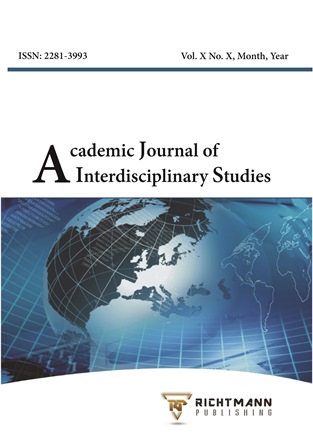Mentorship Function to Reduce Turnover Intention in Public Accounting Firm
DOI:
https://doi.org/10.36941/ajis-2023-0141Keywords:
Protégé Organizational Level, Public Accounting Firm Structure, Mentoring Function, Mentoring Position, Turnover IntentionAbstract
The phenomenon of auditors transitioning to Public Accounting Firms (KAP) or other professions has resulted in a decline in both auditor performance and the overall functioning of KAP. Therefore, this study empirically examines the predictive capabilities of role dynamics theory within the framework of planned behavior theory on mentoring behavior and its potential to prevent auditors from transitioning to KAP or other professions. The study design used explanatory causality and the data were collected through survey using a questionnaire, with primary data as the source. The sample included 191 auditors at various levels, namely managerial, partner auditors, senior auditors, and staff members, within KAP. Furthermore, a proportional random sampling method was used, and structural equation modeling [SEM] was employed for data analysis. The individual auditor served as the analytical unit, while time horizon was considered as the cross section. The results showed the mentor's position positively impacted the level and mentoring function of protégé organization, and the degree of the organization positively influenced the status of the mentor. Meanwhile, the mentor's level and mentoring function negatively impacted turnover intention, and organizational structure enhanced the connection between protégé organizational level and the mentoring role. The results indicated that both the position and function of mentoring can enhance the retention of protégé of staff, and the less structured office environment can strengthen mentoring activities within the KAP.
Received: 6 June 2023 / Accepted: 08 August 2023 / Published: 5 September 2023
Downloads
Downloads
Published
Issue
Section
License

This work is licensed under a Creative Commons Attribution-NonCommercial 4.0 International License.
This work is licensed under a Creative Commons Attribution-NonCommercial 4.0 International License.








